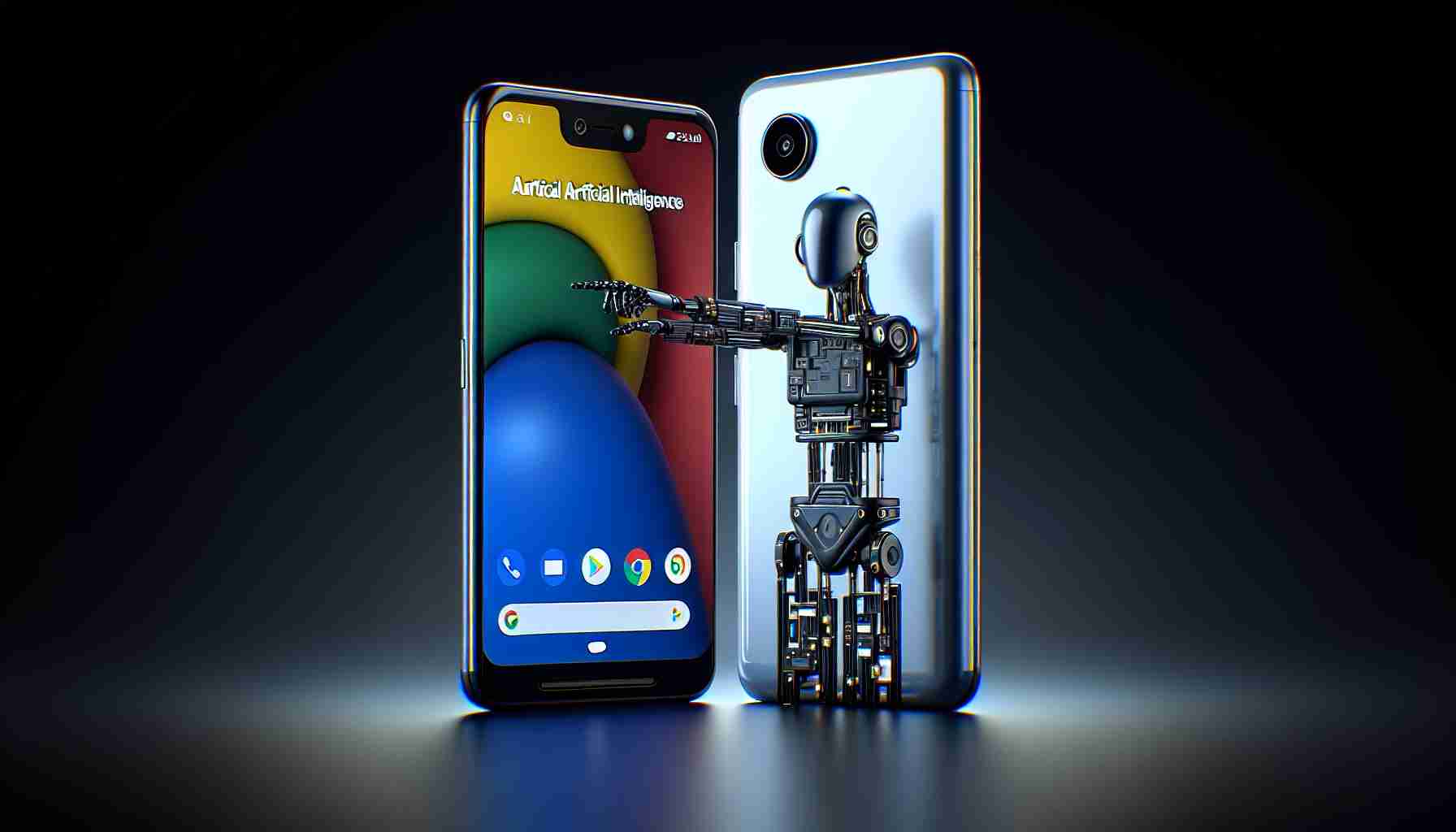The Pixel 8a Raises the Bar for Midrange Smartphones with Advanced AI
When it comes to standout features on smartphones, AI-driven capabilities are becoming a game-changer. Google’s Pixel 8 Pro has been praised for its stellar camera system. However, it’s the phone’s impressive array of artificial intelligence features that have solidified my preference for this device over the past six months, as evidenced by my experience in comparing it to the Galaxy S24 Ultra.
Surprisingly, Google’s midrange model, the Pixel 8a, boasts some of these same AI functionalities, showing that advanced features are not exclusive to flagship models. This inclusion bridges the gap between affordability and innovation, making the Pixel 8a a formidable contender in the lists of best Android and budget-friendly phones.
The integration of these AI features into a phone that’s less pricey poses a competitive challenge for other manufacturers, especially giants like Apple and Samsung. To keep up with Google, they might need to equip their mid-tier handsets with comparable AI capabilities.
Innovative AI Features That Stand Out
Purchasing a costly smartphone typically affords a range of premium features, but the Pixel 8a is disrupting this notion. It brings some of my most appreciated AI tools from the Pixel 8 Pro down to a more accessible price point.
Initially skeptical about the practicality of these features, I’ve been wowed by the reality. One striking example is the enhanced Call Screen function of the Pixel 8 Pro, metamorphosing Google Assistant into an intelligent intermediary for handling calls. While the Pixel 8a may not inherit this feature in full, the AI tools it does offer remain remarkably useful.
Magic Editor: A Demonstrative Leap in AI Technology
One standout AI feature, Magic Editor, feels revolutionary, enabling anyone to edit photos like a seasoned professional. This capability, to effortlessly remove objects from images with a few taps, is a luxury not seen in competing mid-range devices.
Samsung endeavors to keep pace with Google through its Galaxy AI features available in flagship models, and it commendably extends these advancements to previous releases and foldables. However, it does not extend the same to its Galaxy A series.
Currently, Samsung’s Galaxy A35 is the nearest competitor to the Pixel 8a, yet it lacks Galaxy AI features. The upcoming Galaxy S24 FE might be better positioned to compete if it inherits some of these functionalities.
Apple, contrastingly, hasn’t matched Google’s AI offerings in its equivalents such as the iPhone SE, even with consistent improvements to Siri. The Cupertino giant may have something in the pipeline with the forthcoming iOS 18, but for now, it trails behind.
The Pixel 8a sets a new benchmark within the midrange smartphone segment, compelling rivals to accelerate their own AI offerings. As the year progresses, the race is on for other manufacturers to catch up to Google’s AI dominance.
What are the main AI features of the Pixel 8a that differentiate it from competitors?
The Pixel 8a includes advanced AI features such as Magic Editor, which allows users to edit photos effortlessly by removing objects with just a few taps. While the article does not provide a comprehensive list of these AI features, this example indicates that Google has incorporated some of the cutting-edge AI capabilities from its flagship phone into a more budget-friendly model.
What challenges or controversies are associated with integrating AI into smartphones?
There are several challenges and controversies that can arise from integrating AI into smartphones:
1. Privacy Concerns: AI features often require access to large amounts of data, raising privacy concerns about how this data is collected, stored, and used.
2. Security Risks: With increased intelligence, there is the potential for more sophisticated security breaches or for AI to be used maliciously.
3. AI Bias: AI systems can inherit biases present in their training data, leading to unfair outcomes or discrimination.
4. Economic Impact: The race to integrate AI into devices can widen the gap between companies that can afford the research and development and those that cannot, potentially impacting market competition and consumer choice.
What are the advantages and disadvantages of the Pixel 8a’s AI features?
Advantages:
– Enhances user experience by providing smart and convenient editing tools such as Magic Editor.
– Makes advanced technology more accessible and affordable.
– Encourages innovation and competition among smartphone manufacturers.
Disadvantages:
– May lead to increased concerns about user privacy and data security.
– Could contribute to a digital divide where low-income users have less access to advanced AI features.
– Sometimes advanced AI features may complicate user experience for those who prefer simplicity.
Suggested Related Links:
To learn more about Google’s developments and other products, you might want to visit Google’s main website. For an in-depth understanding of artificial intelligence and its applications, you could explore Google AI. Lastly, for information on Samsung and Apple’s competing products, you can respectively visit Samsung’s main page and Apple’s main website. Please note that these links are provided for informational purposes and the availability of specific details can change over time.
